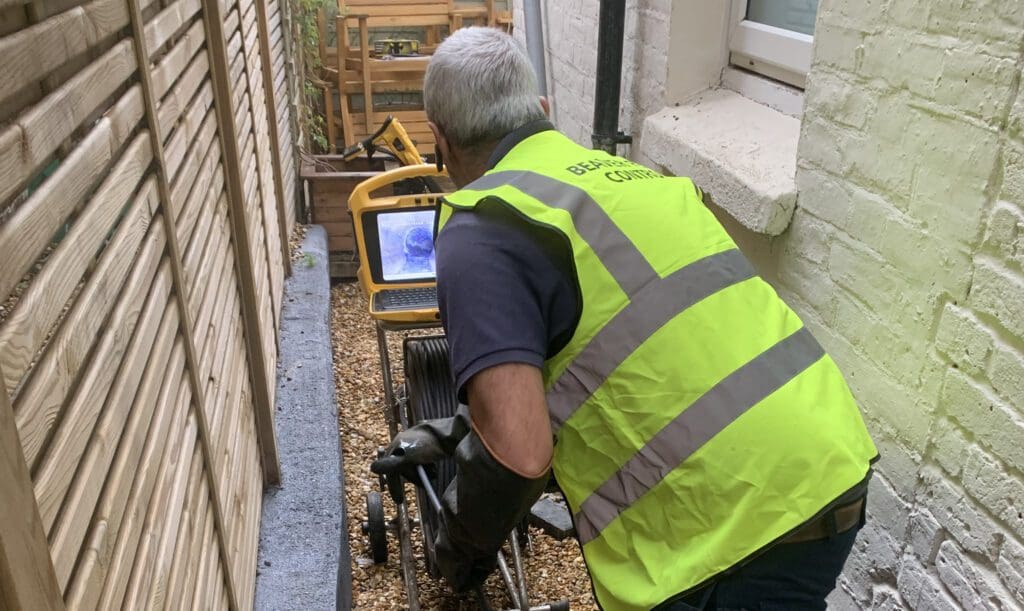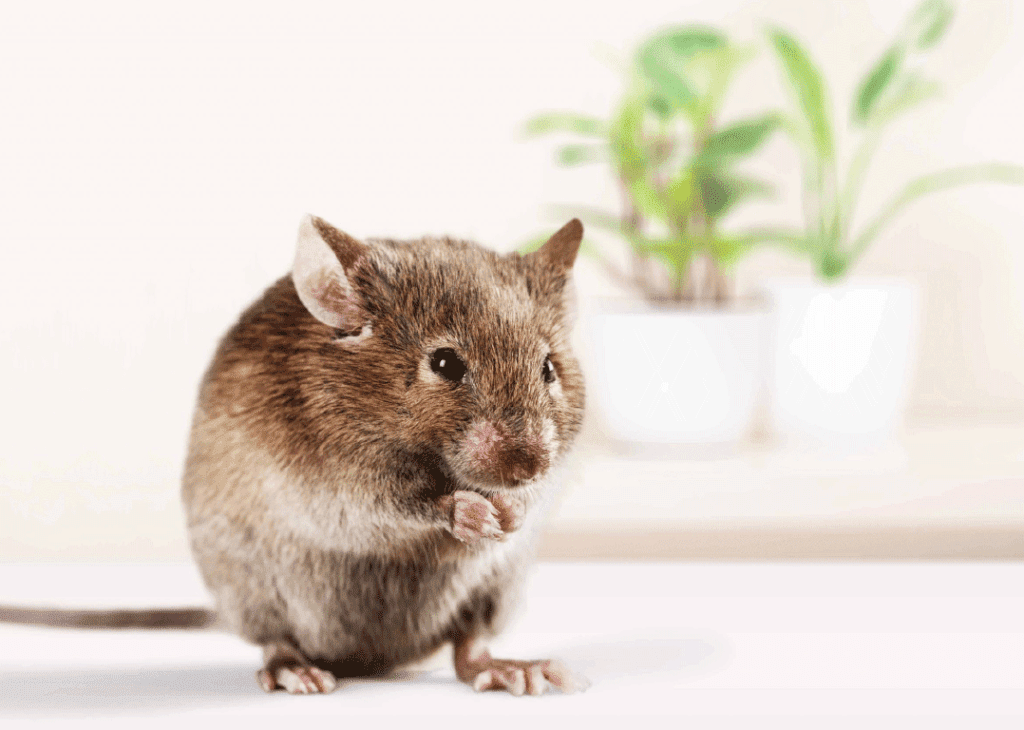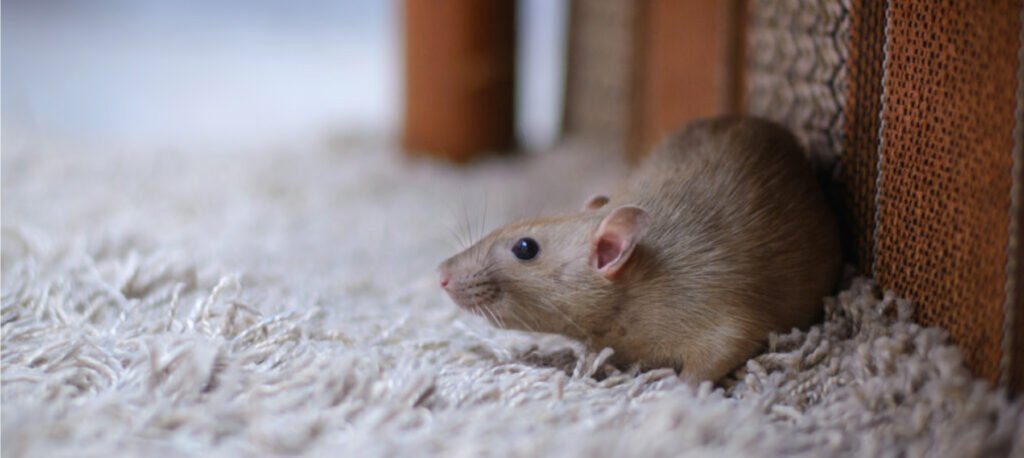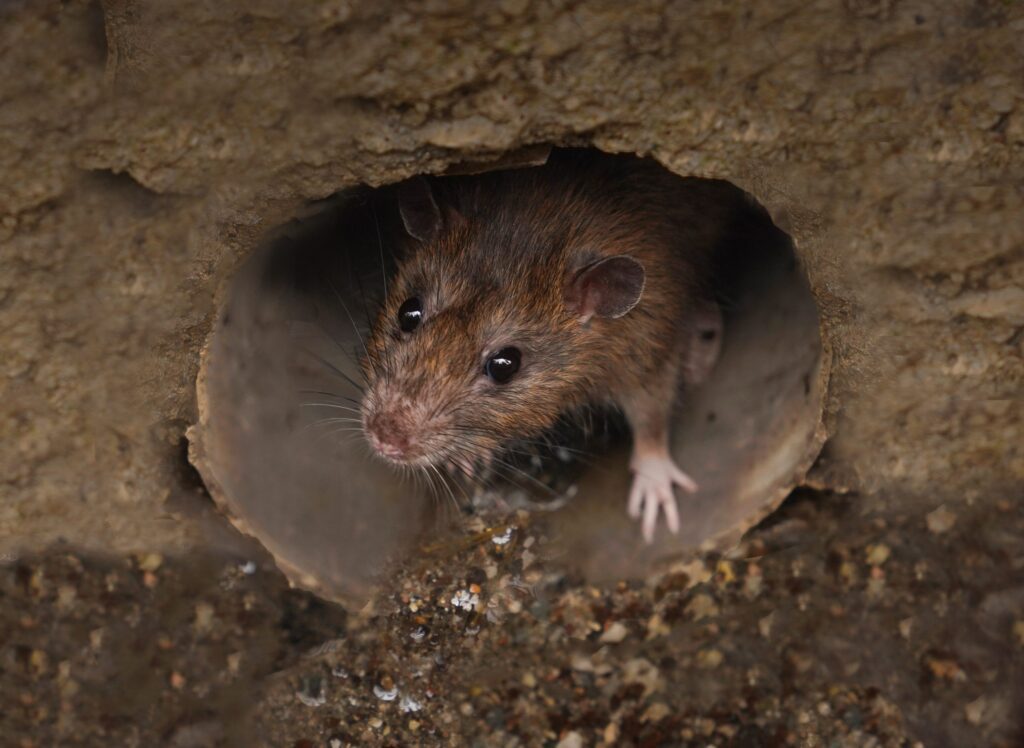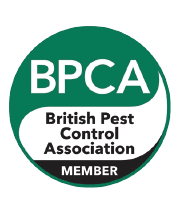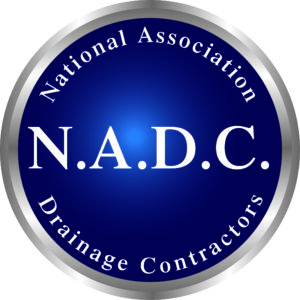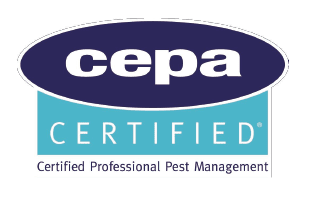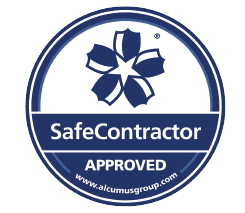National Association for Drainage Contractors
In 2021, we decided to bring CCTV drain surveys in-house and train up a team of drainage experts. The majority of rat infestations are connected to drain defects. Therefore, carrying out the surveys ourselves allowed our team to use their knowledge and experience of rat behaviour to deal with rat problems quickly.
Our drain surveys differ from your standard drainage service. As pest controllers first and foremost, we can identify issues before they escalate into a larger problem. We use specialist tools to create maps of the drainage systems. We also provide a combined drainage and pest control report showing any drainage defects as well as any rat ingress points.
Our drainage team has been growing, gaining more experience, and undergoing specialist training. We have taken the decision to join the National Association for Drainage Contractors.
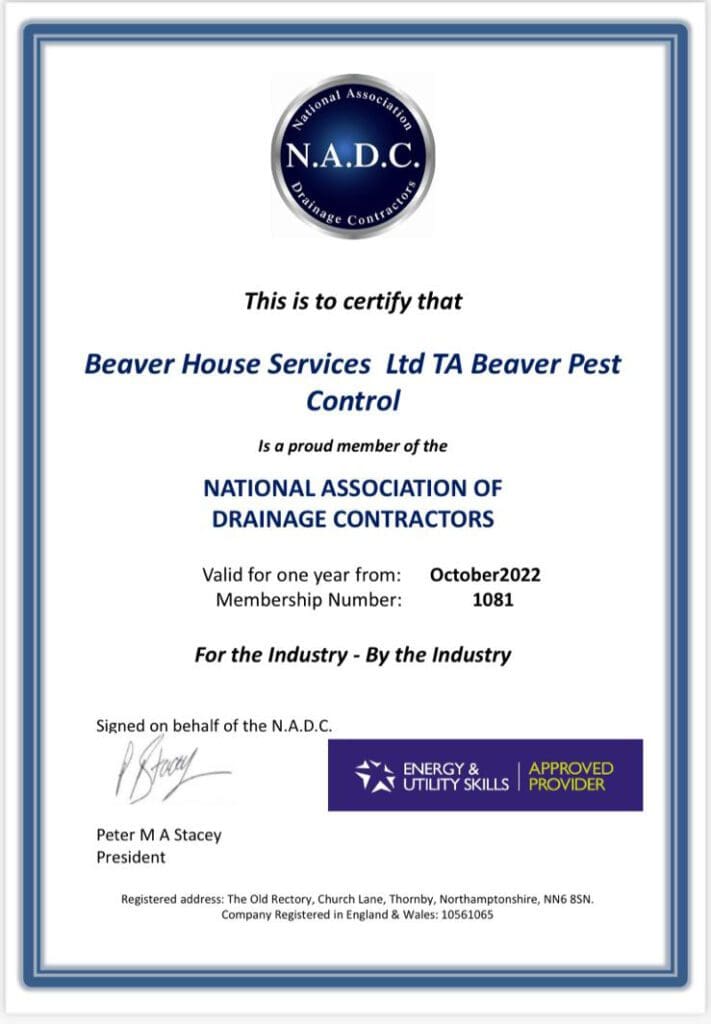
Why we joined the N.A.D.C?
The N.A.D.C represents the interests of sewage and drainage operatives in the UK. As part of our membership, we will have access to more training, qualifications, and up-to-date industry news. Our work is carried out the highest standards incorporating our extensive knowledge of rat behaviour.
We are also keen to increase the presence of pest controllers in the drainage industry. As part of the industry, we will have a say in the future of drainage and can work with like-minded professionals to share knowledge and experiences and support homes and businesses across the UK to remain rat-free.
What are the next steps for drain surveys?
More jobs, more training and more technicians. Our drainage team is expanding ensuring we have a range of qualified technicians carrying out high-quality CCTV drain surveys and repairs for homes and businesses across London & the South East.
For more information about drainage and rat control london contact us.



